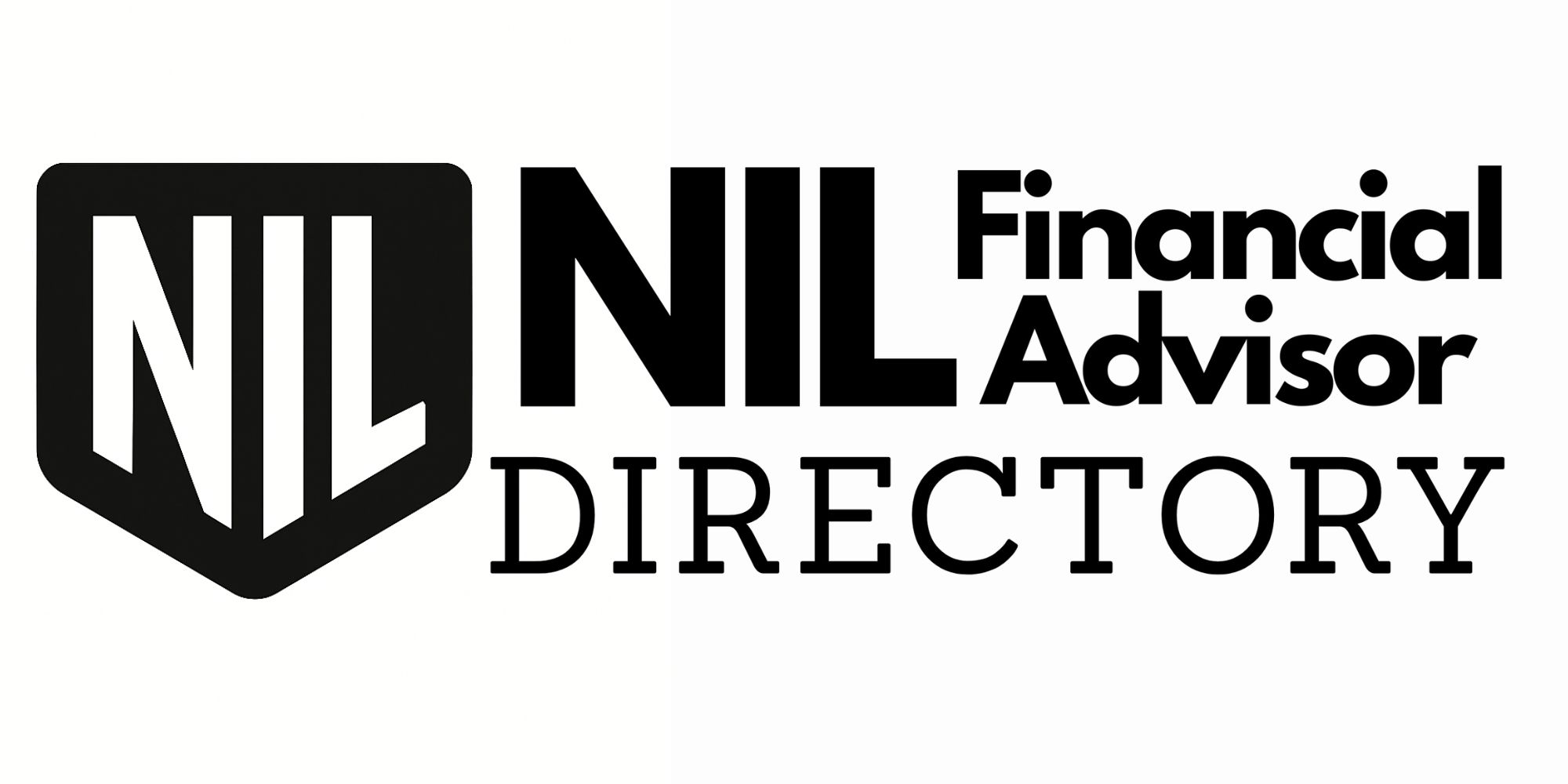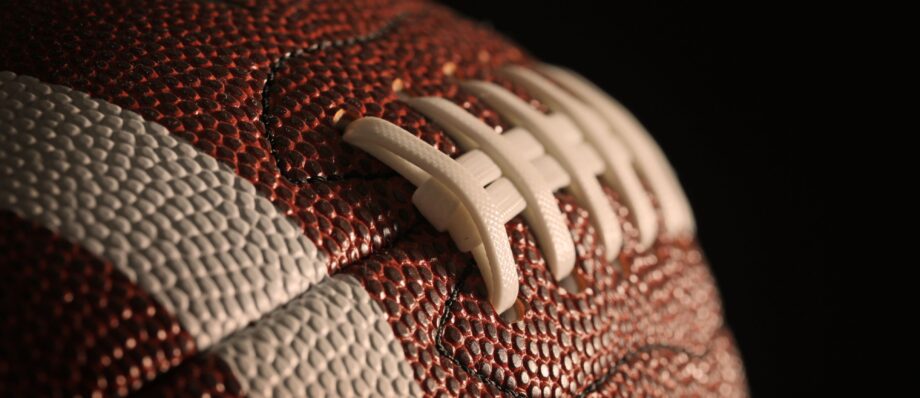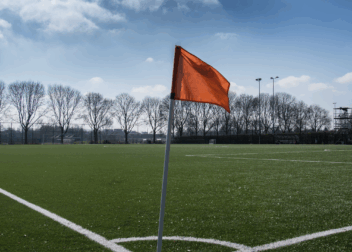Covering Your Bases
- April 3, 2025
- Student Athlete
- 2 mins read
Covering Your Bases: The Insurance Policies Every Athlete Should Know About
Every athlete knows that preparation is key. You wouldn’t step on the field without stretching, a playbook, or the right gear. The same is true with money — your NIL (Name, Image, and Likeness) earnings need protection. One injury, accident, or unexpected event can wipe out everything you’ve worked so hard to build. That’s where insurance comes in.
Think of insurance as your financial defense. It may not feel exciting, but the right policies protect your income, your health, and your future. Here are the insurance basics every athlete (and their family) should understand.
1. Health Insurance: The First Line of Defense
Even with school or team coverage, make sure you understand what’s included. Injuries, surgeries, and treatments can be expensive, and not everything may be covered by athletic insurance.
What to know:
Always carry proof of coverage.
Understand deductibles (what you pay before insurance kicks in).
Ask about coverage for off-season training or non-team activities.
2. Disability Insurance: Protecting Your Earning Power
If you get injured and can’t compete, disability insurance provides income replacement. This is especially important if you rely on NIL deals that depend on your ability to play and stay visible.
Tip: Look for policies tailored to athletes — some specifically protect against career-ending injuries.
3. Liability Insurance: Guarding Against Lawsuits
Social media posts, autograph signings, or personal appearances all come with risks. If someone claims they were harmed by your actions (even unintentionally), liability insurance can protect you.
Why it matters: NIL athletes are small business owners. Liability coverage protects you like it protects any entrepreneur.
4. Auto Insurance: Don’t Overlook the Basics
If you drive, you need auto insurance — and if NIL money lets you upgrade your car, your coverage should upgrade too.
Watch for:
Minimum coverage laws in your state.
“Gap coverage” if you finance or lease a car.
Higher liability limits if you’re earning NIL income (you’re a bigger financial target).
5. Life Insurance: Planning Ahead
It might feel early to think about life insurance, but for athletes with families depending on them — or with significant NIL income and contracts — life insurance can be a smart move. It ensures your loved ones are protected financially if something happens to you.
Good starting point: Term life insurance, which is affordable and simple.
6. Event and Travel Insurance: For the Extras
Competing in tournaments, traveling for brand deals, or hosting camps? Event and travel insurance can protect against cancellations, lost baggage, or trip-related emergencies.
The Bottom Line
Earning NIL income means you’ve stepped into a new world — one where protecting your money is just as important as making it. From health and disability to liability and life insurance, the right coverage makes sure one setback doesn’t erase your hard work.
Need help figuring out which policies make sense for you? The NIL Financial Advisor Directory connects athletes with advisors who can guide you through insurance options and help you build a plan that covers all your bases.



